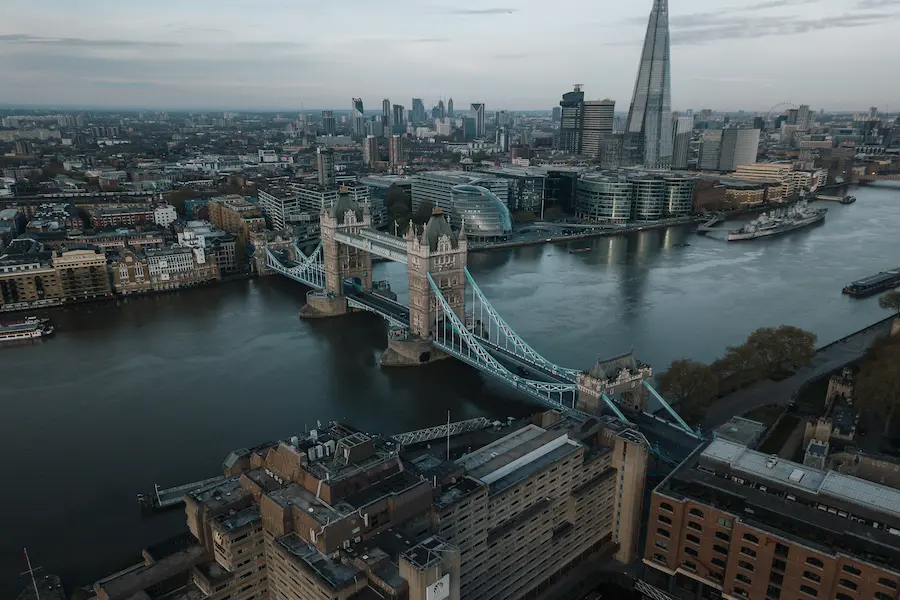Whitley Awards celebrate unsung heroes of conservation

Last week, Greenhouse attended the Whitley Awards which brought some of the most extraordinary and unsung leaders tackling the threats facing wildlife onto the world stage. HRH The Princess Royal, Sir David Attenborough and Kate Humble recognised six individuals who are bringing communities, scientists and conservationists together to protect wildlife and ecosystems.
The Whitley Awards change the lives of new conservationists. Seeking out the local leaders who are promoting co-existence between people and wildlife, the Whitley Network provides them with ongoing support and a new community that collaborates and shares ideas to make a bigger and more long term impact.
Since its creation 24 years ago, the Whitley Fund for Nature has given nearly £16 million to support the work of 200 conservation leaders benefiting wildlife and local communities in more than 80 countries.
At the awards, BBC wildlife presenter Kate Humble said:
“More money is spent on damaging the planet than protecting it. I like to think of the Whitley Fund for Nature network as a literal safety net of our world.”
We attended the awards to hear more about these inspiring protectors of nature. Here’s an introduction to the Whitley Awards winners 2019:
Vatosoa Rakotondrazafy, Madagascar
Mihari: A civil society movement to safeguard marine resources
In Madagascar, 500,000 traditional fishers rely on marine biodiversity for livelihoods and food security. Vatosoa Rakotondrazafy, the founder of Mihari, is giving local fishers in the country a voice.
Vatosoa is demonstrating that sustainable fishing can yield impressive benefits for both people and marine life. In 2017, the network presented their proposal for fisheries policy reform to the Ministry of Fisheries and in 2018 the government made a commitment to work towards reserved areas for small-scale fishers.
José Sarasola, Argentina
A flagship for semiarid wildlife conservation
Less than 1,000 mature Chaco eagles remain in the world. José’s extensive research and conservation work has challenged the behaviour of farmers, who until recent years considered the birds a threat to their livelihoods.
By working with the local farmers to become eagle protectors and power networks to make the electricity pylons safe for wildlife, the eagle and many other species previously affected by these threats are making a recovery.
Caleb Ofori-Boatend, Ghana
Critical refuge for the Togo slippery frog
The Togo slippery frog was believed to be extinct for 40 years, until Caleb’s team discovered a population in Ghana. Since then, the team have worked tirelessly with local communities to ensure the Critically Endangered amphibian is protected.
It’s said that people moved to the region because of the forest’s edible frogs. Caleb’s work has been educating communities to being about behaviour change. He now plans to gain legal protection for the slippery frog’s habitat and restore parts of the forest that have degraded.
Nikolai Petkov, Bulgaria
Conserving the red-breasted goose
The number of red-breasted geese has nearly halved since 1990. For 15 years, Nikolai and his team have worked to champion the conservation of the threatened species by engaging with farmers and hunters. The hunters have now become the eco-warriors.
Their work has built local pride in wildlife, creating incentives for conservation. This has brought real value to the region through birdwatching ecotourism.
Ilena Zanella, Costa Rica
Strengthened sanctuary for the scalloped hammerhead shark
The Golfo Dulce is one of the only four tropical fjords in the world. Ilena’s research has identified the significance of the area as a nursery for the juvenile scalloped hammerhead sharks. For the first time globally, in 2018 the area was declared a Scalloped Hammerhead Shark Sanctuary.
The inspiring leader has been working with local communities to reduce the use of juvenile scalloped hammerheads as fishing bait and improve the direction of illegal fishing activity. She now plans to double the size of her education programme to reach 1,000 school children.
Wendi Tamariska, Indonesia
Protecting orangutangs and rainforest through sustainable livelihoods
Orangutan populations have declined by over 50% in the last 60 years. The species is threatened by unsustainable palm oil plantations, mining activities and illegal logging. Wendi’s hard work demonstrated that conservation goals can be achieved through local sustainable, economic alternatives.
He has connected traditional artisans to local and national markets and persuaded local restaurants to favour organic produce from the farmers he supports. This has enabled community members to put down their chainsaws and move into artisan groups. 11 former illegal loggers have now signed agreements to halt deforestation and protect orangutans.
Effective conservation requires sustained commitment and sustained support. Greenhouse works with the people who are working on the ground to restore nature, as well as the organisations finding the funding to make act on nature’s most pressing issues.
If you are an organisation that’s fighting for nature and looking for communications support, then we would love to hear from you.


